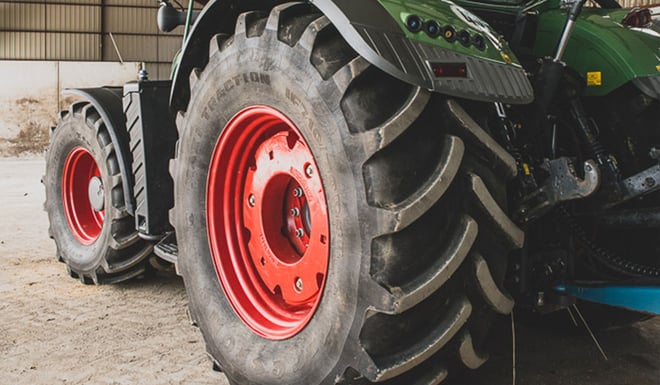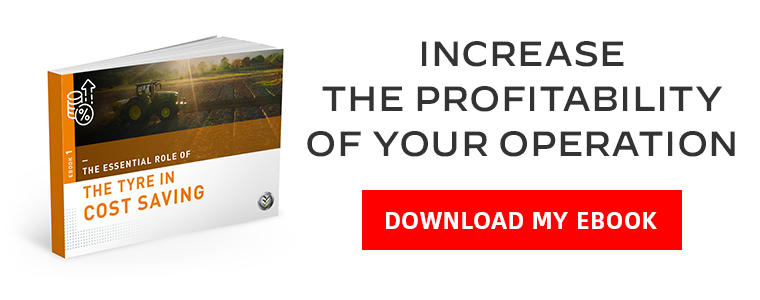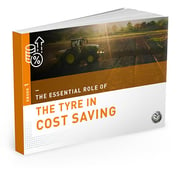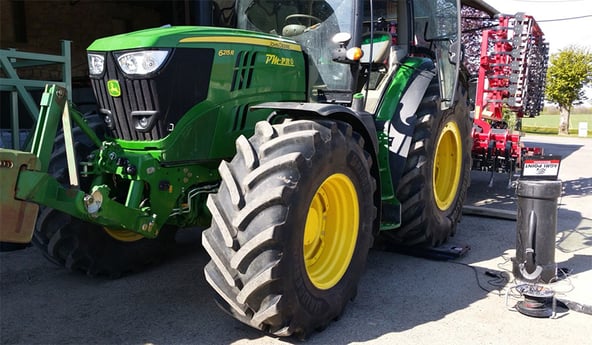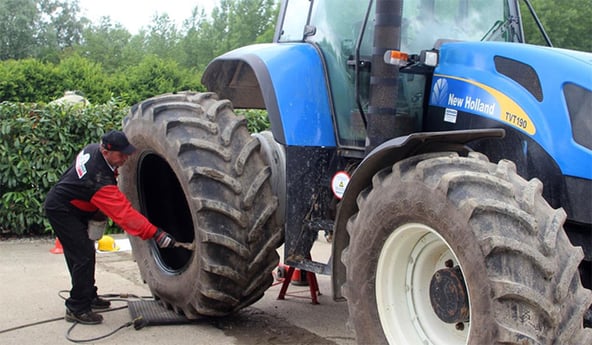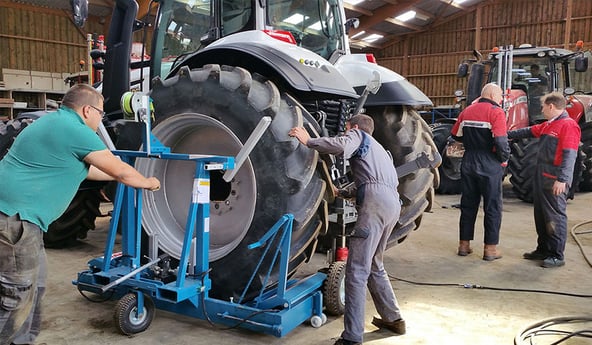Seasonal machinery often needs to be stored at some stage in the year and tyres are no exception.
As winter is coming, here are a few rules which will help you to store store your agricultural tyres in the best conditions and prolong their lifespan.
Here are our 5 top tips for storing your farm tyres:
Clean your tyres before storing
This stage is essential before storing your tyres.
Clean them by removing any earth and gravel which can get stuck at the edge of the rim. This will let you have a good idea of their general condition to plan your tyre budget for the next year.
Store your agricultural tyres indoors
It is important to store your tyres away from damp and heat, to avoid them from cracking.
If they can be manipulated, store them at least under a dark, waterproof tarpaulin.
Keep your tyres away from sources of ozone and chemical substances
Rubber absorbs elements such as solvents and hydrocarbons causing damage to farming tyres.
Be careful to also store them away from any electric machinery, engines, welding equipment…
Avoid direct contact with the ground
If you don’t have tyre racks, at least place a tarpaulin on the ground under the tyres.
- If your tyres are not mounted on wheels: Store them standing upwards to avoid damaging the casing.
- If your tyres are mounted on rims: Store them upwards or flat with the usual pressure.
- If your tyres are still mounted on the farm vehicle, position the vehicle on a flat, nonabrasive surface: position the vehicle on chocks. If you are not using chocks, position the vehicle on a flat, nonabrasive surface. Increase the pressure slightly (between 04. and 0.6 bar) after having removed as much weight as possible from the tractor.
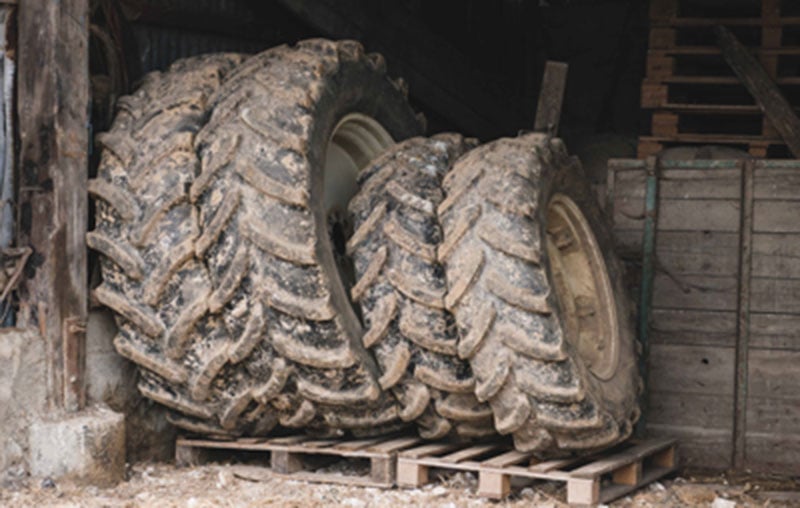
It's also a monthly job!
Change the position of your tyres regularly (1/4 tour per month is enough).
To take it a step further and increase the profitability of your farm, here is an ebook, downloadable for free, which explains the essential role of your tyres in the optimisation of your productivity.
Most people who read this article have also read some of the following articles:
- 5 essential techniques to optimise your agricultural tyres
- Info to help you know your agricultural tyres better and make savings
- The 3 best techniques for storing your agricultural tyres
- All the secrets of tractor tyres, agricultural tyres or farm tyres
- Understanding the manufacturer’s technical information on agricultural tyres
This information is intended only to make you aware of the technical and functional aspects of agricultural tires and their use. It does not allow you to make a judgment or a definitive conclusion on a given problem. Only your agricultural tire expert is able to make a technical assessment and take a final decision, case by case.
Leave a
commentary
Your email address will not be published.
Required fields are indicated with *


